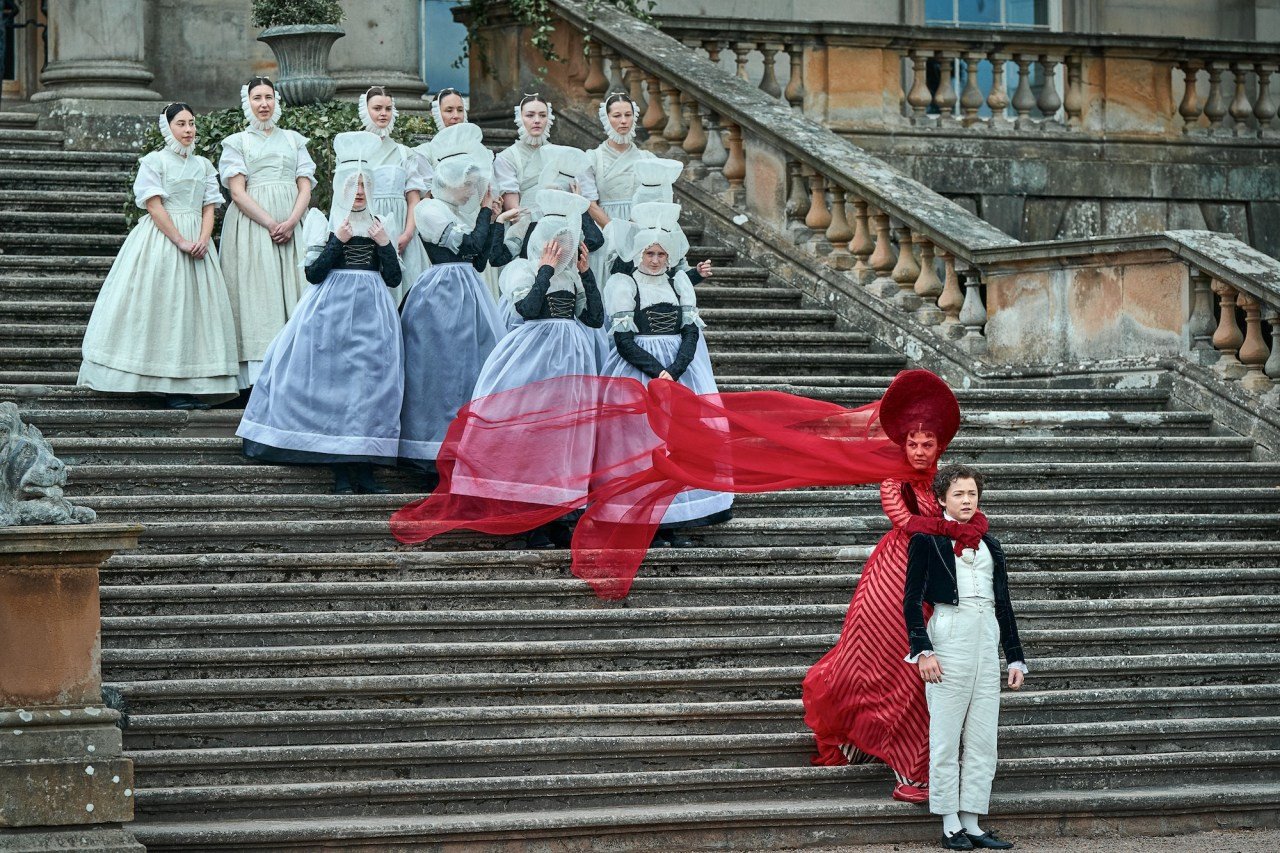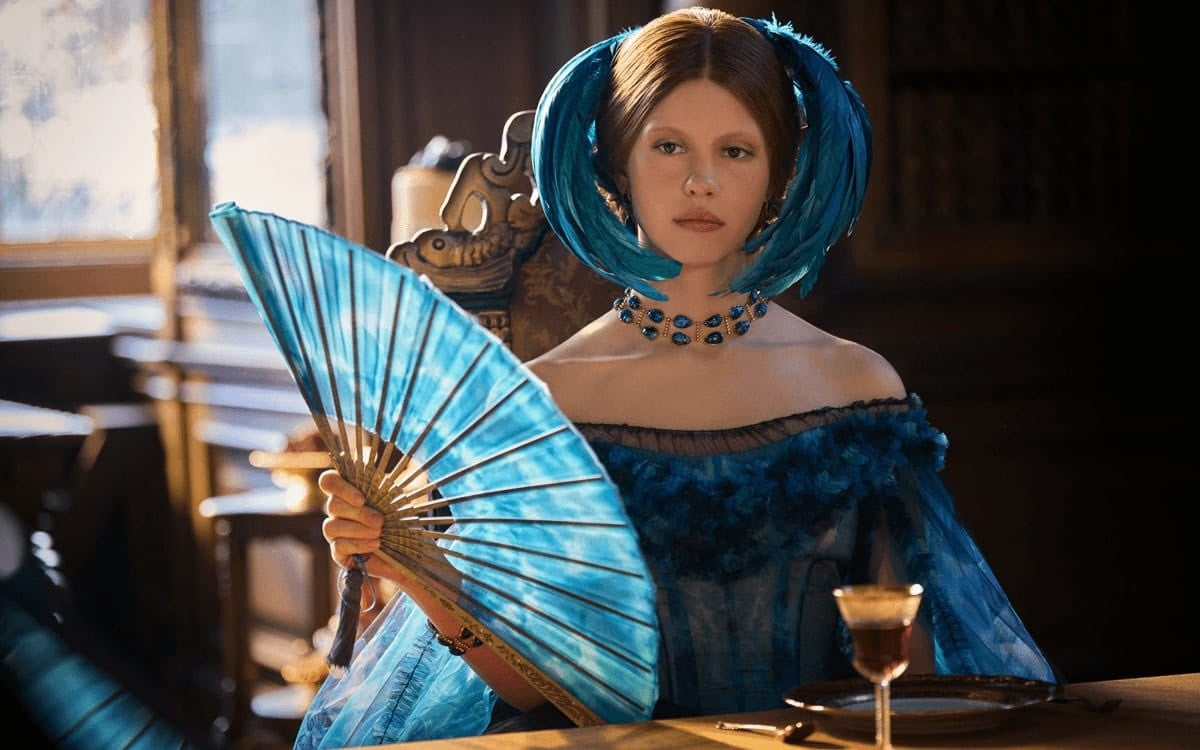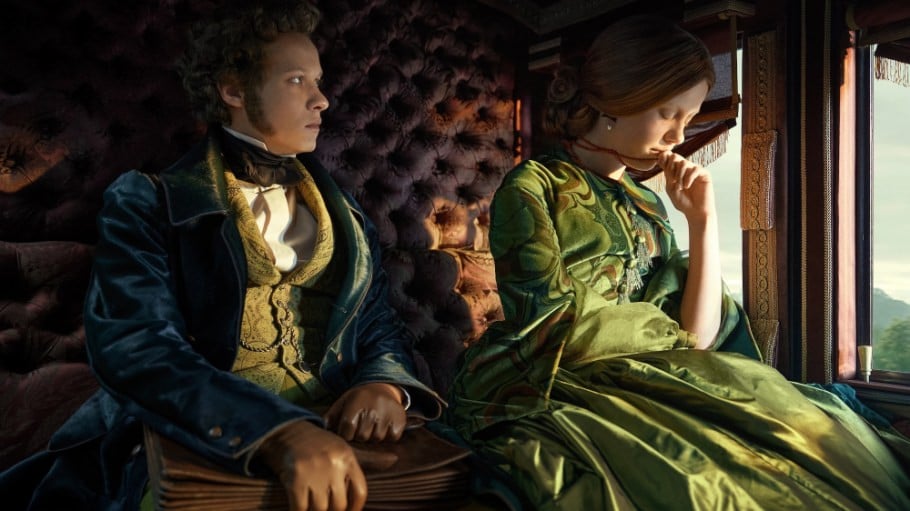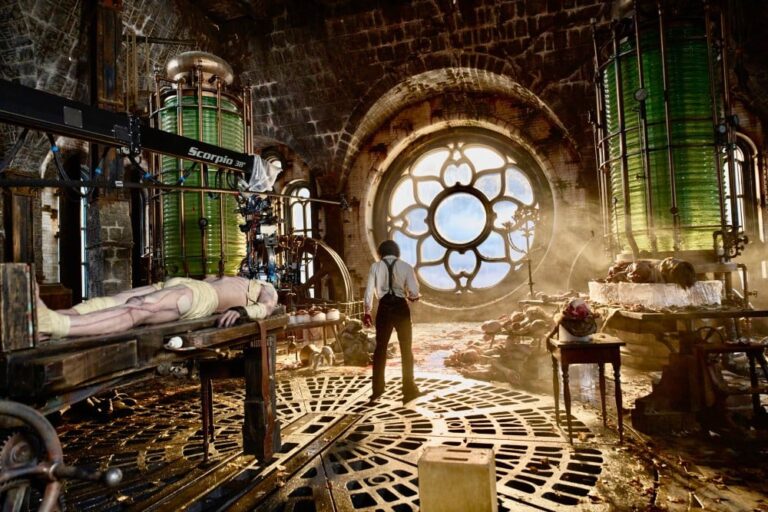PUBLISHED
November 16, 2025
KARACHI:
I came across a reel on Instagram recently that described Dr Victor Frankenstein as the “OG f***boi”. As funny as this Gen Z take on the titular protagonist of Mary Shelley’s classic of Gothic horror may sound, it may not be that far off — especially when taking into account the life of one of the likely inspirations behind Dr Frankenstein: Mary’s husband and pre-eminent English Romantic poet, Percy Bysshe Shelley.
In an era we otherwise remember for extreme prudishness, Percy — and Mary herself, to an extent — championed radical ideas on politics, social reform and religion. Mary, like her mother Mary Wollstonecraft, was deeply engaged in feminist thought and the liberal intellectual ferment of her time. Percy, among his other extreme stances by that period’s standards, advocated for “free love” more than a century before the term became synonymous with LSD, counterculture communes, flower crowns and hazy summer festivals.
While Percy’s version was far less tie-dye utopia and far more philosophical provocation — he argued quite earnestly that love could not be bound by law, convention, or the sanctity of marriage, and that relationships should be guided only by sincerity and the pursuit of personal liberty — in lived reality, it often translated into Percy drifting from one intense emotional entanglement to another, leaving behind a trail of heartache and tragedy. The suicides of Mary’s half-sister Fanny Imlay — who Mary’s father William Godwin believed was in love with Percy — and Percy’s first wife Harriet Westbrook, abandoned while pregnant, cast a long, anguished shadow over his insistence that unconventional choices are purely matters of principle.

It is here, in the gap between lofty idealism and the messy consequences of acting on it, that one begins to see the faint outline of Victor Frankenstein emerge: a brilliant young man intoxicated by his own ideas, convinced of their righteousness and utterly unprepared — and hence unwilling — to shoulder responsibility for what those ideas unleash.
The Instagram reel fixates on one line from the latest take on Frankenstein by Guillermo del Toro for Netflix: “I never considered what would come after creation.”
The author of the reel opts to view it in the familiar register of modern (mostly Western) men’s aversion to commitment. In that framing, Victor’s confession becomes the spiritual ancestor of the contemporary situationship: of men (and women as well) who want the thrill of romance without the burden of consequence, and who see the act of making — whether a life, a promise or a mess — as somehow detached from the duty of sustaining what follows.

Indeed, del Toro’s version of the story seems grounded more in the “domestic” aspect, and deviates significantly from Mary Shelley’s original in several key details. Victor’s backstory is reimagined, his childhood becoming the trigger for his obsession and mistreatment of his creation. His tense relationship with his father, seemingly devoid of affection, foreshadows the emotional vocabulary he later brings to his creation: brittle, punitive, and shaped by a pedagogy of fear.
As he frustrates himself while trying to teach his creation, Victor slaps and berates him in a direct echo of the corporal punishment his father once meted out while drilling him on the finer points of medicine. A boy wounded by cruelty becomes a man who administers the same, convinced it is discipline, not damage.
The character of Elizabeth, too (played by Mia Goth), has been reinvented. Unlike the original, in which Elizabeth and Victor are childhood companions whose relationship culminates in marriage, del Toro’s Elizabeth is betrothed to Victor’s younger half-brother William and becomes the target of Victor’s unsuccessful, purely lustful attempt at seduction.

Del Toro’s Elizabeth also takes a more active and sympathetic role towards Victor’s creation, showing shades of almost maternal affection. Interestingly, Mia Goth also plays the role of Victor’s mother in an unrecognisable transformation, creating a deliberate parallel: both Victor and his creation have abusive “fathers” whom they hold responsible for the loss of their “mothers”.
Speaking to Variety in August, del Toro made it clear that his Frankenstein may not be the most accurate adaptation: “The usual discourse of Frankenstein has to do with science gone awry… But for me, it’s about the human spirit. It’s not a cautionary tale: it’s about forgiveness, understanding and the importance of listening to each other,” he said.
Shifting the story’s core from the realm of Enlightenment anxiety to intimate moral drama is an intriguing reframing. Rather than dwelling on the hubris of scientific ambition, del Toro is preoccupied with the catastrophes that erupt when people fail to see — and refuse to hear — the emotional needs of those to whom they are bound. It makes sense in del Toro’s broader oeuvre, where “monsters” are often the most vulnerable beings on screen, and where the true horror lies in what cruelty, indifference or trauma can sculpt out of a living creature.

However, regardless of del Toro’s intentions, now, as in the era when Mary Shelley’s Frankenstein was first published, it is impossible to divorce the story from the anxieties of scientific progress and possibility. Much like today, Shelley lived in a world undergoing profound technological and social transformation, accompanied by the dawning sense that human ingenuity might soon trespass into realms previously reserved for “God” or nature. The fear was not that science could go awry, but that it could succeed — granting humanity powers it was neither ethically equipped nor emotionally mature enough to wield.
“And having reached the edge of the earth, there was no horizon left. The achievement felt unnatural. Void of meaning. And this troubled me so,” del Toro’s Victor Frankenstein reflects.

Perhaps that is why, even today, over two centuries after it was published, the story’s pulse remains recognisably modern. In the shadow of nuclear power, genetic engineering, social media and artificial intelligence — among other rapidly accelerating technologies — we too flirt with powers that outstrip our wisdom. Especially when we listen to many of today’s big-tech custodians.
Certainly, it is tempting to reread the story of Frankenstein in the context of AI in particular. But while we look out, in fear, for the ghost in the machine, the actual “monster” is the machine itself. It should not be the “sentience” of the algorithm — something that, for now, does not actually exist — that ought to unnerve us, but rather the consequences of ceding critical thinking and moral judgement to mere lines of code.
In Frankenstein, the true threat was never Victor’s creation. Nor, in our world, is it the algorithm itself. The horror, in both del Toro’s Netflix adaptation and Shelley’s original vision, emerges from the moral and emotional bankruptcy that follows when human ingenuity is divorced from responsibility. Humanity is capable of astonishing things, but if we cannot care for what we bring into the world, we risk becoming the architects of our own ruin.

